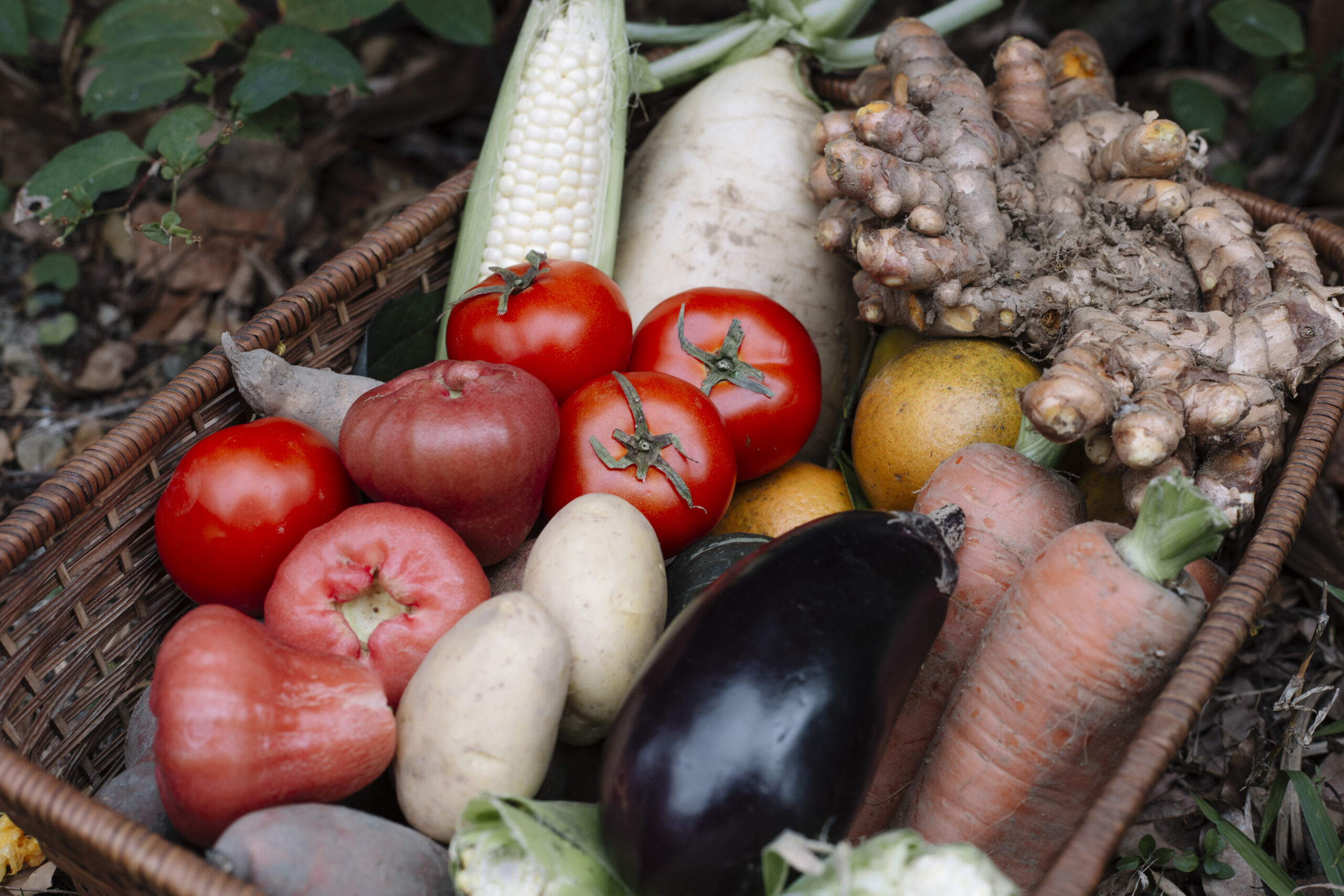An Organisational Response to the Arrival of Synthetic and Hyper-Processed foods
Written by J. Robin Moon & Richard McCarthy
Food is at the center of our humanity, and also of WorldFMC’s mission. We have declared that food is medicine (as defined by Hippocrates), food is health, food is identity, food is dignity, and food is trust.
Scientifically defined, food contains nutrients, substances essential for the growth, repair, and maintenance of body tissues and for the regulation of vital processes, that include carbohydrates, proteins, fats, minerals, and vitamins.
It only seems logical to link food and optimal diet, both leading to optimal health and well-being of our community.
But that is not what we are seeing in the world.
Venture capitalists and technology investors are directing inordinate amounts of investments into synthetic and hyper-processed foods as the solution to the world’s food insecurity woes. On the contrary, they continue to undermine local food resilience, biodiversity, transparency, and trust. While these current innovations may be new, they draw from a well-established narrative that has dominated food discourse for more than 70 years.
The operating assumption leading into the 1950s and the Green Revolution has been that we do not have enough food to feed the planet. Much of today’s push for greater productivity, use of synthetic inputs, and indeed the introduction of synthetic foods themselves are based upon this call-to-action (for more food to more people). Despite the evidence to show that the issue is the inefficiency of the supply chain and of distribution, we have spent energy and resources to invent the next “bright shiny” technological solution after another.
The Green Revolution’s massive mono-crop production and mechanised agricultural practices have not solved our hunger problem. Worse, they have created deeply adverse impacts on the local economy, health, biodiversity, and environment. The profit-driven food industry has also created industrially produced meats, hyper-processed foods, and junk food.
And now the human diet is being further reduced to synthetic meat or meat-like substances – we are eating imitation food. Meanwhile, ironically, the state of our food affair is the following:
1. Food Insecurity: The number of people struggling with hunger since COVID-19 has risen from 690 million to more than 822 million, nearly one-tenth of the human population. Almost one in three people in the world (2.37 billion) did not have access to adequate food in 2020. Even without COVID-19, FAO was already predicting that there would be 840 million hungry people in the world by 2030, more than at any time since 2005.

2. Diet-related diseases: Poor diet (high intake of sodium, sugar, and saturated fats, low intake of whole grains, fruits, and vegetables) is responsible for more deaths globally than tobacco, hypertension, or any other health risk. Poor diets were responsible for 10.9 million deaths (22% of all deaths) among adults in 2017, with cardiovascular disease as the leading cause, followed by cancers and diabetes.
3. Food waste: Over a third of all food produced (~2.5 billion tons) is lost or wasted yearly. 13% of food is lost in production (over-production/harvesting, premature harvest), 6% is lost in storage, handling, and transportation, 1% is lost in processing and packaging, 6% is lost in distribution and retail, and 8% is wasted by consumers. FAO estimates that the lost and wasted food could feed 1.26 billion hungry people every year. Another way to put it, our world food surplus has increased – we have too much food. This waste also links to an increase in greenhouse gas, wasted water, and land.
Why would there be hunger, diet-related diseases, and food waste existing all at once? Why are we consuming imitation food while having food surplus?
Because efficiency- and profit-driven solutions sacrifice equity. We have instead created more synthesised and unaffordable substances while ignoring the fundamental problems of distribution and the ever-increasing food supply chain.
WorldFMC exists to promote local economies, foster urban-rural linkages, improve food security and population health, and restore biodiversity. We believe in restoring food as health, dignity, identity, and trust. We believe in dignity for farmers and consumers. We believe that food is a fundamental human right and essential to our joint prosperity. We believe in changing the way we produce and share food. We believe in prioritising the planet in thinking about health. We believe in humanising eating again.
Featured Photo Credit: Water Garden Organic Farmers Market






